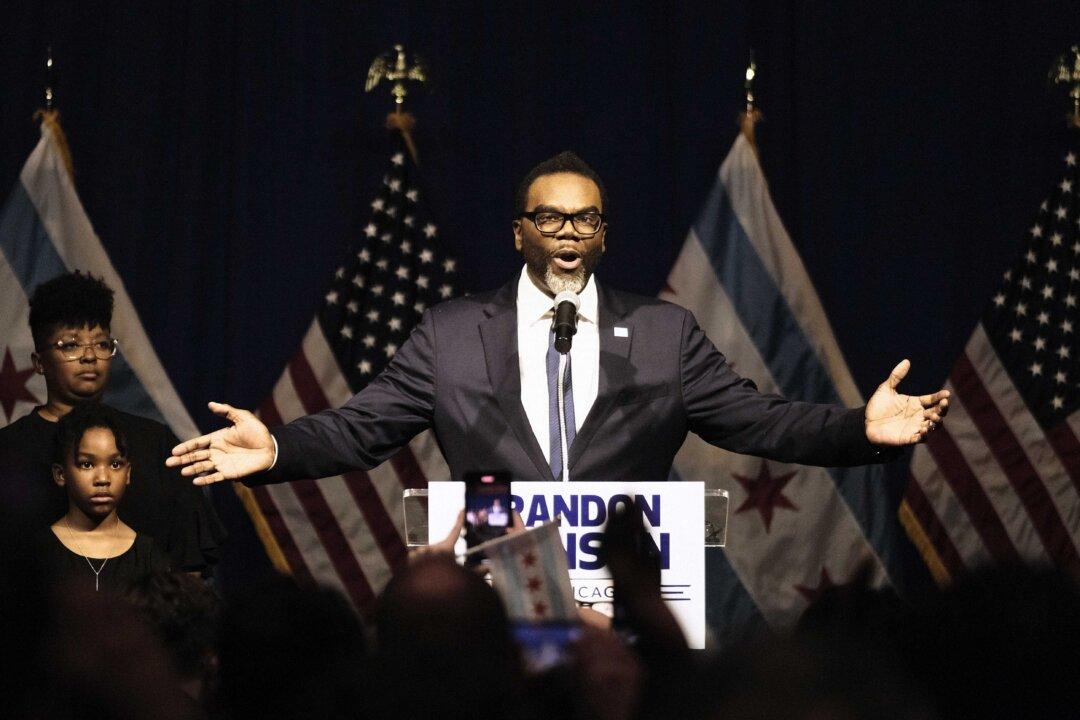Commentary
There was something deeply demoralizing about the recent Mayoral election in Chicago, once among America’s greatest cities. The good news is that the catastrophic reign of a deeply corrupt and crazed mayor, who piled egregiously racist policies on top of one of the worst COVID responses in the country, came to an end. The bad news is that a guy who is arguably worse took her place.





